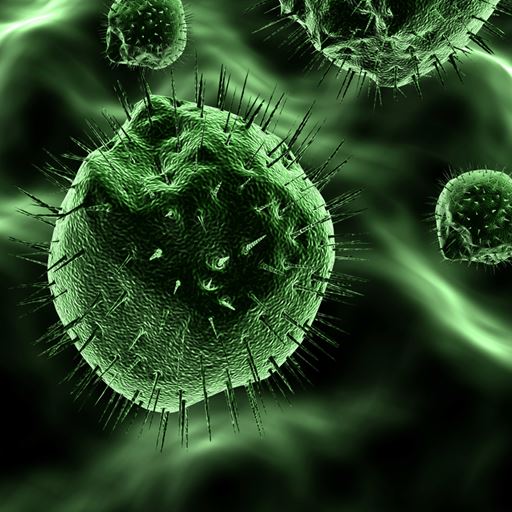The discovery will significantly enhance the immune system’s effectiveness in eliminating cancer cells.
Over the past few years, an exciting new era in cancer immunotherapy has emerged with the advent of immune checkpoint blockade (ICB) therapy which overrides the immune system’s built-in “checkpoints” or brakes that prevent excessive immune activation and damage to healthy tissues.
Tumours outsmart the immune cells by engaging these breaks so they are not able to do their job, but ICB therapy reactivates the immune system so it is able to engage and kill the tumour cells.
However, despite these exciting discoveries only a fraction of patients respond to these therapies and some develop adverse side effects of the drugs as they also damage healthy cells. A better understanding and discovery of new targets is essential to expand this treatment to help a wider range of patients.
Funded by the Wellcome Trust and published in top journal Nature, this latest research has identified a new protein ”checkpoint” within immune T-cells – known a Rasal1. This finding will inform future drug design to target this protein so it does not inhibit the immune system penetrating and attack tumours.
The international research project involved Dr Youg Raj Thaker, for our School of Life Sciences, working with scientists in Cambridge, Canada and Germany.
Dr Raj Thaker said: “Immune checkpoint blockade therapy has shown great promise in cancer treatment, however, only some cancer types respond to these therapies. By identifying this new T-cell protein we can target a wider range of tumours using combination therapy approaches.”
Dr Christopher Rudd, from the Université de Montréal, added: “This discovery demonstrates that modulation of the identified protein can activate the immune system and lead to destruction of the cancer cells.”

.jpg?mh=500&mw=500&hash=6568B6C9CCF5290A596BEF6678B6AD0E)




